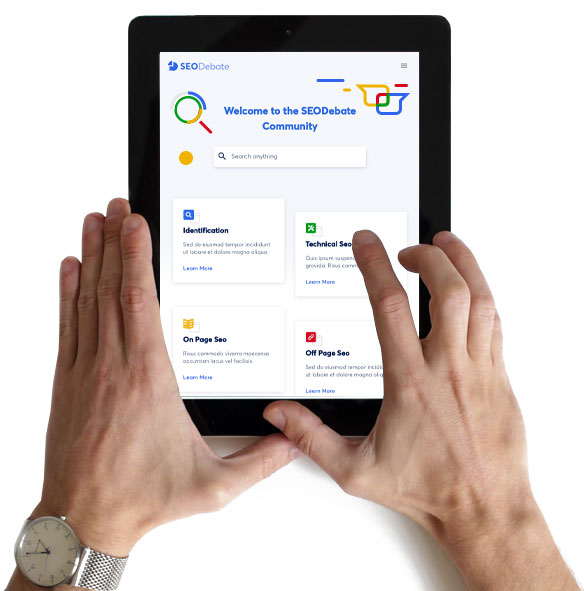Available Schema Markup Generators
- Breadcrumb
- Article
- FAQ Page
- Video
- Job Posting
- Events
- How-To
- Local Business
- Organization
- Person
- Product
- Recipe
- Website
- Book
- Course
- Dataset
- Education QA
- Employer Aggregate
- Estimated Salary
- Fact Check
- COVID-19
- Logo
- Software
- Home Activities
- Image Metadata
- Q&A
- Speakable
- Subscription and Paywalled Content
- Learning Video
- Math Solver
- Movie
- Practice Problem
Frequently asked Questions
Enhancing Recipe Visibility with Schema Markup
Benefits of Using a Schema Markup Generator for Recipe Structured Data
Nowadays, it's super important for websites to be easily found online through search engines. One great way to improve this is by adding a special code called schema markup, especially for websites that share recipes. Schema markup provides information about your website's content in a format that major search engines like Google can read and understand really well. There are Schema Markup Generator tools specifically for recipes that make it easy to create this code in a format called JSON-LD.
Using a Recipe Schema Markup Generator is really helpful for anyone who owns a food website, is a food blogger, or chef, or just likes sharing recipes online. These generator tools have a simple, user-friendly way to enter in all the key details about each recipe you want to add code for. Some of the main recipe information you would provide includes the list of ingredients needed, total time for prep work, how many people the recipe will feed, the full step-by-step instructions for making it, and nutritional facts like calories, fat, and protein amounts. After entering this data, the generator will automatically build the proper JSON-LD structured code for that recipe.
Adding this schema markup code to your recipe pages and posts provides some big benefits. First, it makes your recipes a lot more visible and discoverable when people search for them on Google and other engines. These highlighted recipe boxes act like previews, often showing an appetizing photo of the dish, along with details pulled straight from your code like prep times, ratings, nutrition info, and more. These previews are eye-catching and tend to get a lot more clicks than regular plain-text search listings.
Using schema markup made by a generator also creates a much better experience for people visiting your recipe content from search engines. With the structured code in place, search engines can present all your recipe details in an organized, easy-to-scan format right on the search page. Viewers can quickly see things like ingredients, instructions, reviews, and even pictures, before clicking through to your website.

